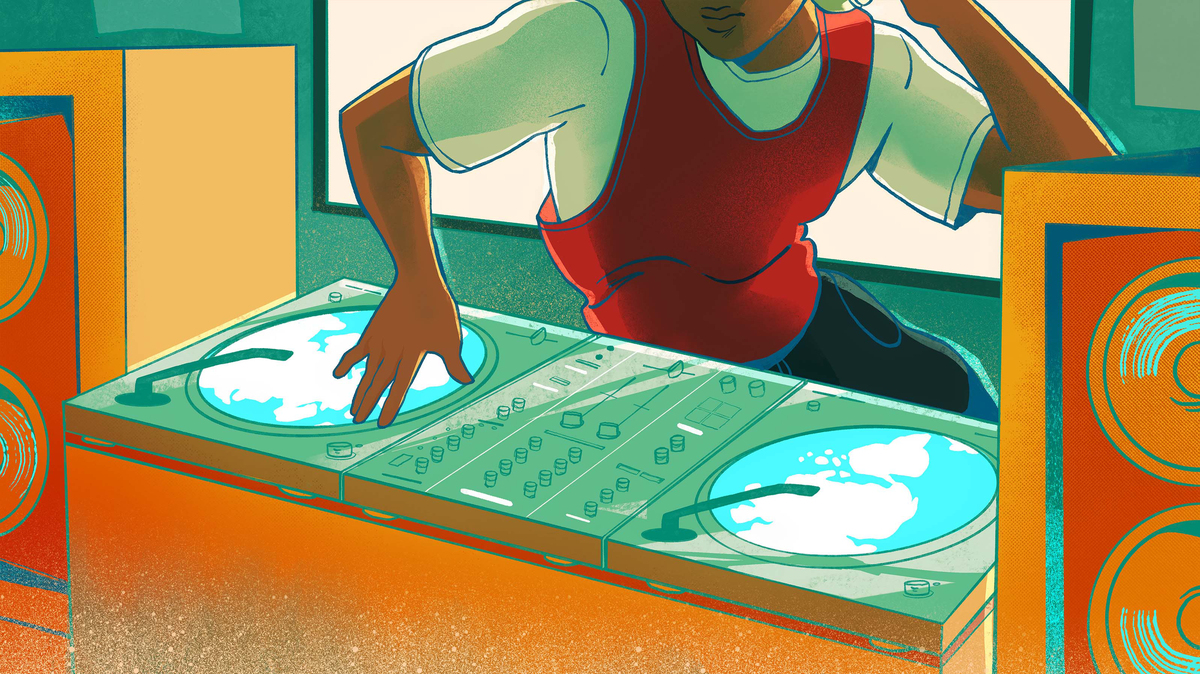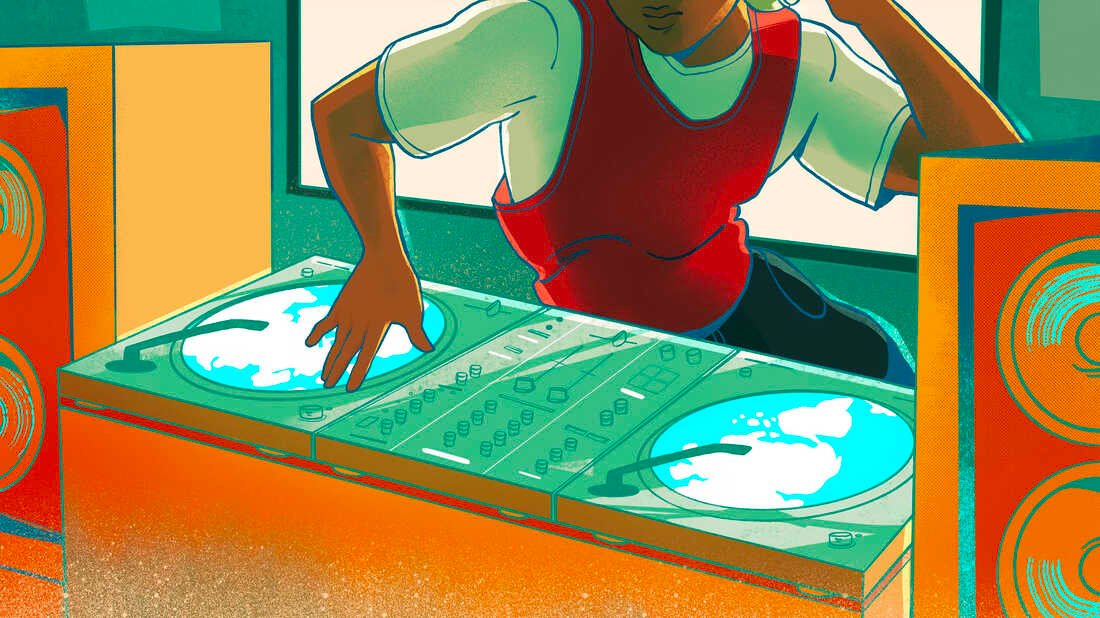

The legend goes that on a sweaty August night in 1973, there was a block party in the South Bronx where DJs had to hack a streetlight to power their equipment. Someone picked up a mic and spontaneously started rhyming over the the breakbeat, and that’s how hip-hop was born. In the five decades since that eureka — or, rather, that “yoooo” — moment, hip-hop music and culture has morphed into a multi-billion dollar industry, with billionaire artists, and global fandom. And as hip-hop evolves, its many contradictions become more obvious.
In this week’s Code Switch we dig into those contradictions – how hip-hop is “fight the power” but also advertises for the power; how rappers rhyme about injustice and inequality while also toting their grind and how they’ve come up or will come up; and how the conditions that created hip-hop are ones of American deprivation, but American institutions have helped the genre and culture thrive all over the world.
This episode was engineered by Maggie Luthar.

Felecia Phillips Ollie DD (h.c.) is the inspiring leader and founder of The Equality Network LLC (TEN). With a background in coaching, travel, and a career in news, Felecia brings a unique perspective to promoting diversity and inclusion. Holding a Bachelor’s Degree in English/Communications, she is passionate about creating a more inclusive future. From graduating from Mississippi Valley State University to leading initiatives like the Washington State Department of Ecology’s Equal Employment Opportunity Program, Felecia is dedicated to making a positive impact. Join her journey on our blog as she shares insights and leads the charge for equity through The Equality Network.




